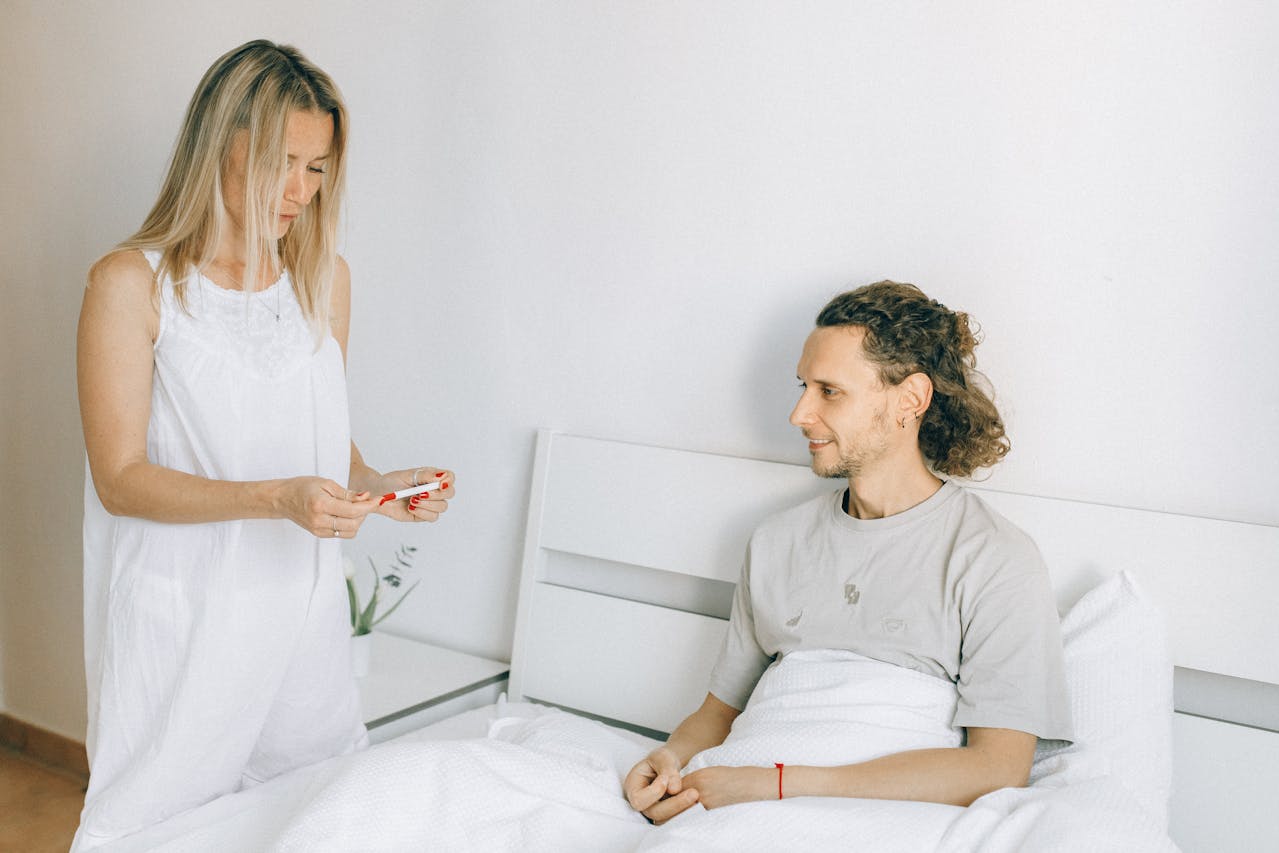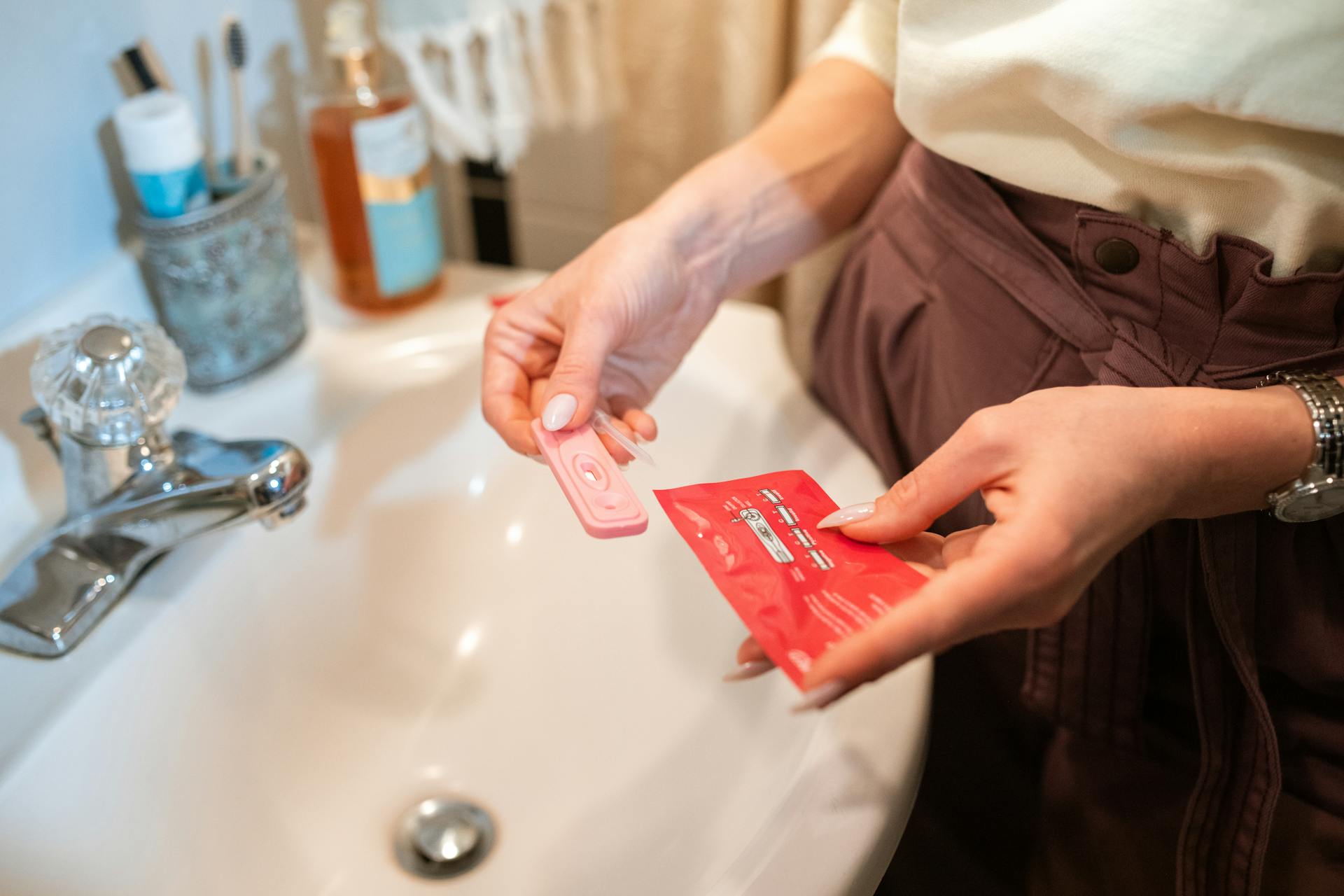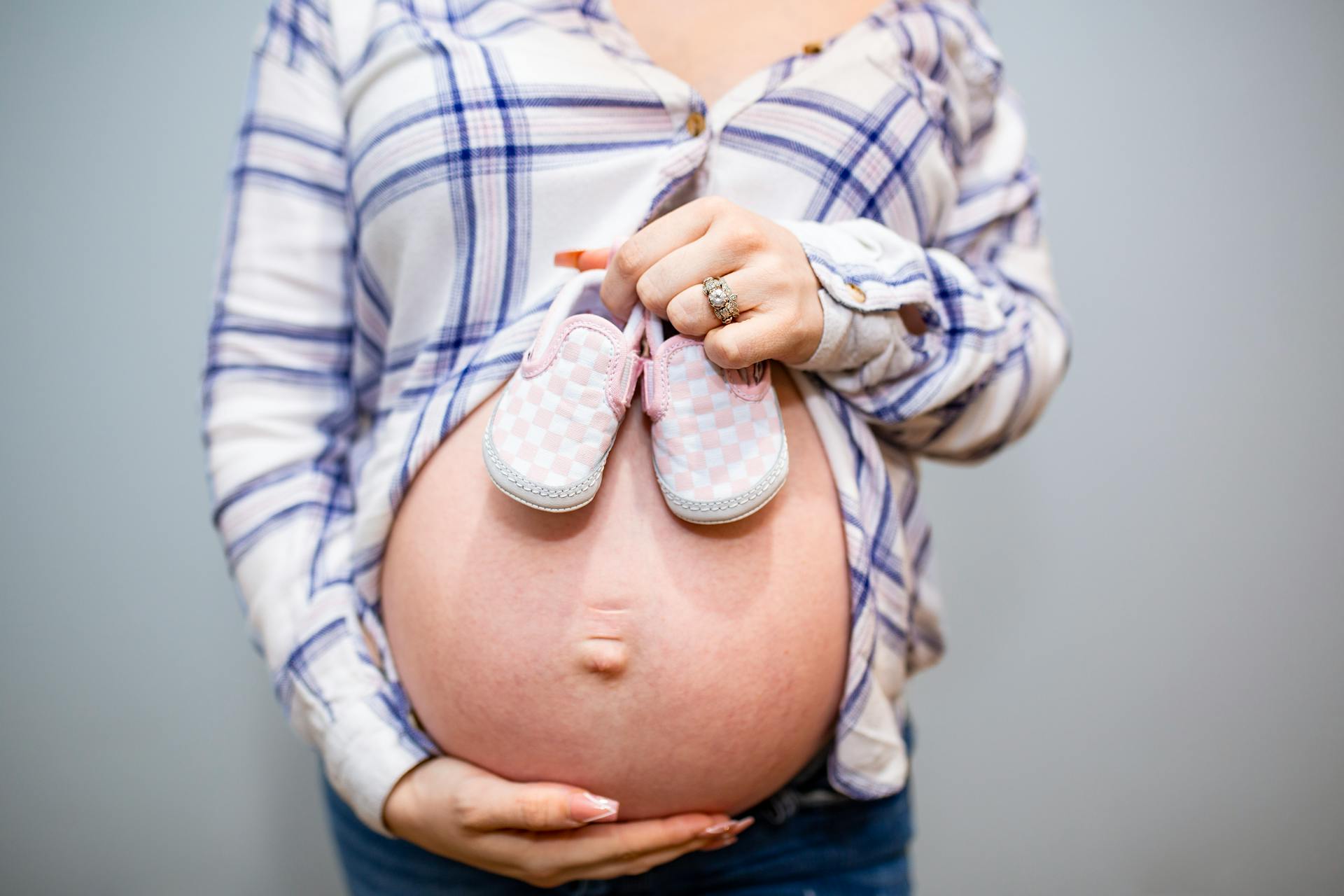If you’ve had unprotected sex and are wondering when you can take a test for pregnancy, you’re not alone. It’s a question that causes a lot of anxiety and curiosity. Whether you’re trying to conceive or hoping you’re not pregnant, knowing when and how to test is key. This article will guide you through everything you need to know about timing, symptoms, testing methods, and more—written in a clear, human, and friendly way.
Understanding the Basics of Pregnancy Testing
Pregnancy tests work by detecting the hormone hCG (human chorionic gonadotropin) in your urine or blood. This hormone is produced after a fertilized egg implants in your uterus, which usually occurs 6 to 12 days after ovulation.
What Does That Mean for Timing?
You won’t be able to test for pregnancy immediately after unprotected sex. Implantation has to happen first, and then hCG levels need to rise high enough to be detectable.
So, How Soon Can You Test for Pregnancy?
1. Early Detection Tests
Some over-the-counter pregnancy tests claim to detect pregnancy as early as 6 days before your missed period. These early detection tests are more sensitive to lower levels of hCG.
- Clearblue Early Detection and First Response Early Result are two popular brands with early detection capabilities.
- However, the earlier you test, the higher the chance of a false negative result.
2. Standard Testing Window
For the most accurate results, wait until the first day of your missed period, which is usually 14 days after ovulation or about 21 days after unprotected sex.
3. Blood Test for Pregnancy
Blood tests can detect pregnancy earlier than urine tests and are usually done at a clinic:
- Qualitative blood test: Confirms if hCG is present
- Quantitative blood test: Measures the exact amount of hCG
Doctors often use blood tests if you’re experiencing early symptoms or if you’re undergoing fertility treatment.
Factors That Affect Pregnancy Test Accuracy
1. Timing of Ovulation
Not everyone ovulates on day 14 of their cycle. If you ovulate later, implantation will also happen later, and so will the appearance of hCG.
2. Sensitivity of the Test
Each test has a sensitivity level, usually measured in mIU/mL. The lower the number, the more sensitive the test.
3. Dilution of Urine
Testing with diluted urine (like after drinking lots of water) can affect test accuracy. It’s best to test with first morning urine, which has the highest hCG concentration.
Common Early Pregnancy Symptoms
While testing is the most reliable way to know, some early symptoms may appear before a positive result:
- Mild cramping or spotting (implantation bleeding)
- Nausea or food aversions
- Breast tenderness
- Fatigue
- Increased urination
- Mood swings
Keep in mind, these symptoms can also be linked to PMS, so they’re not definitive indicators.
What If the Test Is Negative But You Still Think You’re Pregnant?
False negatives are more common than false positives. If your period doesn’t start within a few days of a negative test:
- Retest in 2-3 days with a more sensitive brand.
- Visit your doctor for a blood test or ultrasound.
When Should You See a Doctor?
- If your period is more than a week late
- If you get conflicting test results
- If you have severe abdominal pain or heavy bleeding
- To confirm pregnancy with a clinical test
How to Prepare for the Test
Before Testing:
- Avoid excessive fluids
- Wait until at least the first day of your missed period if possible
- Read test instructions carefully
After Testing:
- If positive, schedule a prenatal appointment
- If negative, monitor your symptoms and retest if needed
Dealing with Anxiety While Waiting
Waiting to test can be incredibly stressful. Here are some ways to manage the uncertainty:
- Keep yourself busy with hobbies or tasks
- Talk to someone—a friend, partner, or therapist
- Track your cycle using apps like Flo or Clue
Emergency Contraception and Pregnancy Testing
If you’ve taken emergency contraception (like Plan B), it can delay your period and make timing confusing. It’s recommended to:
- Wait at least 3 weeks after unprotected sex before testing
- Check with your doctor if you don’t get your period within 3 weeks
Using Apps and Ovulation Calculators
Apps can be helpful in understanding your cycle and estimating when to test. Some popular options:
These tools can help track your fertility and menstrual patterns, giving you a better idea of when you ovulated and when to test.
Pregnancy Tests vs. Implantation Timeline
Understanding the implantation timeline is crucial:
- Day 1-5: Fertilization and travel through fallopian tubes
- Day 6-12: Implantation (when hCG starts)
- Day 12-14+: hCG detectable in urine
What to Avoid After Unprotected Sex
While waiting, avoid:
- Stressing too much (easier said than done!)
- Testing too early
- Relying solely on symptoms
- Drinking alcohol or smoking (in case you are pregnant)
Conclusion
So, how soon after unprotected can you test for pregnancy? The answer depends on your cycle, the sensitivity of your test, and when implantation occurs. For most accurate results, test around the time of your missed period, about 2-3 weeks after unprotected sex. Early testing is possible, but it comes with a higher chance of inaccuracy. When in doubt, always follow up with a healthcare professional.
Understanding your body and cycle is empowering. Whether you’re hoping for a positive or negative result, knowledge is your best tool in navigating this emotional journey.
FAQs
1. Can I test for pregnancy 3 days after unprotected sex?
No. It’s too early. Wait at least 10-14 days for accurate results.
2. What is the best time of day to take a pregnancy test?
First morning urine has the highest concentration of hCG.
3. Can stress delay my period and affect test timing?
Yes, stress can delay ovulation and menstruation, affecting testing.
4. Are blood tests more accurate than urine tests?
Yes. Blood tests can detect lower hCG levels and are often more accurate.
5. What if I never get a positive result but still miss my period?
See your doctor for further evaluation.
















